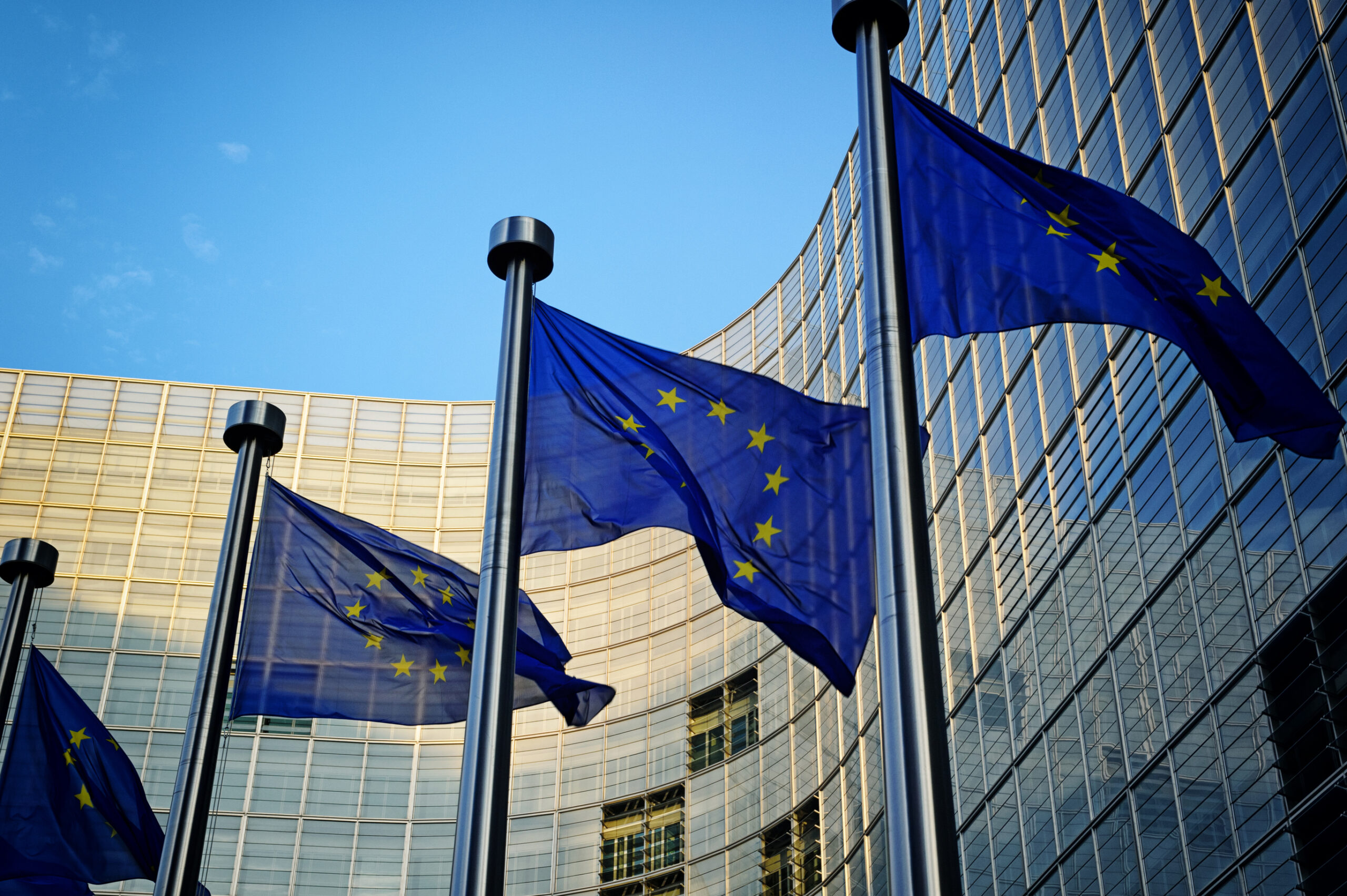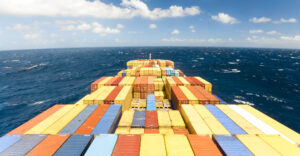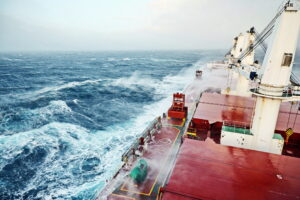The European Union (EU) has the tools for a gradual, full phase out of Russian imports, EU Commissioner for Energy Kadri Simson said on Tuesday at the press conference of the Energy Council.
She emphasised that ‘there are no excuses, and the EU can live without the Russian gas’.
“If Member States prefer to continue importing Russian gas, and they do it even beyond contracted capacity, or if they wish to sign new agreements for new capacities, I want to be clear: this is not a necessity. It is a political choice, and a dangerous one,” EU Commissioner told reporters.
The Commission has been working closely with the most impacted Member States to prepare for a zero-transit scenario as of 1 January 2025.
Simson highlighted that new and existing LNG terminals have sufficient capacity, necessary transport infrastructure is in place, and multiple alternative supply routes are available for both LNG and pipeline imports.
“Central and Southeastern Europe has diversified supply options to fully replace the 14 bcm of Russian gas that is still transiting via Ukraine,” Simson said at the press conference.
“Our gas storages are at 95% of capacity, and injections into storage are continuing. This is our insurance against supply disruptions and helps to keep prices stable. Renewables are constantly on the rise and gas supplies have been diversified,” she added.
Between August 2022 and July 2024 gas demand declined by 18%, and that “helped us to save,” as she said, 146 bcm of gas.
Furthermore, the combined wind and solar capacity increased by 36% in the period 2021 and 2023.
Despite these efforts, the EU commissioner admitted that Russian gas volumes to the EU have increased in recent months. Simson attributed this rise to “temporary circumstances.”
“Since 2022 we have, every year, reduced these imports. We should not let 2024 be the year that breaks this trend.”



